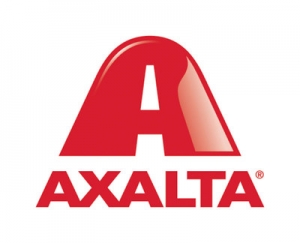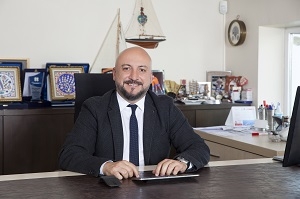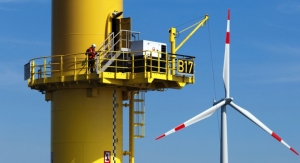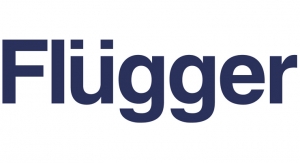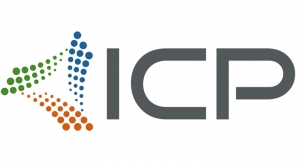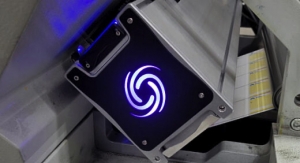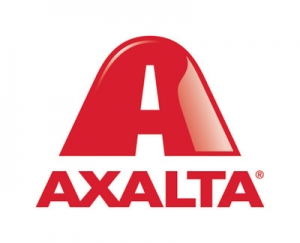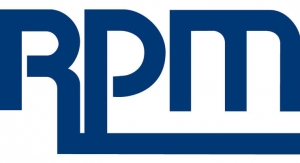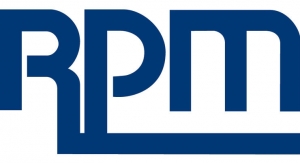07.14.21
Trinseo, a global materials company and manufacturer of plastics, latex binders and synthetic rubber, announced the release of its 2021 Sustainability & Corporate Social Responsibility (CSR) Report, which showcases how Trinseo is meeting or exceeding the highest standards of safety and environmental performance, while advancing innovative solutions to shape a more sustainable world.
This is the 11th report since the company’s formation in 2010 and has been prepared in accordance with the Global Reporting Initiative (GRI) Standards Core Option. GRI is the leading independent organization providing a common language and framework for public sustainability reporting, allowing more global comparability and better quality of information about company sustainability impacts. In addition, for the first time this year, Trinseo integrated disclosures aligned with the Sustainability Accounting Standards Board (SASB) Standards into its report. These additional disclosures enhance the company’s reporting of financially material sustainability information to investors.
“On the heels of our 10-year anniversary, we are looking ahead to the next 10 years of Trinseo and our ongoing journey to transform our Company into a specialty materials and sustainable solutions provider,” said Frank Bozich, President and Chief Executive Officer. “Despite the unprecedented challenges we faced as a global community in 2020, our sustainability journey over the past year was one of progress and achievement — from achieving industry-best safety rankings and unveiling new sustainable materials innovations, to laying the foundation to welcome and onboard new colleagues and taking steps to reduce our operational impact on the environment.”
The report documents Trinseo’s progress through 2020, including steps taken toward achieving the company’s 2030 Sustainability Goals. Highlights from the report include:
Advancing Efforts to Achieve Circularity for Polystyrene: Trinseo made great strides toward unlocking the sustainable potential of polystyrene and working to close the loop on polystyrene recycling. In 2020, the Company participated in numerous initiatives and collaborations, including pursuing projects to advance the industrial validation of Recycling Technologies’ depolymerization technology in partnership with INEOS Styrolution.
Achieving Mass Balance Certification: Trinseo secured Mass Balance certification in 2020 for four families of products manufactured in Europe from the International Sustainability & Carbon Certification (ISCC), including polystyrene, polycarbonate, synthetic rubber, and styrene. Mass balance is a model designed to track the total amount of input of sustainable raw materials throughout the production cycle and ensure an appropriate allocation to the output of finished goods – thus enabling the tracking of sustainably advantaged materials through complex value chains.
Prioritizing Workplace Safety and Employee Health: Given the implications of the COVID-19 pandemic on health and safety, Trinseo prioritized Employee Health & Safety in 2020 and implemented new and enhanced safety protocols, safety trainings, and wellness programs. Trinseo’s injury rate for the year was 0.28, significantly lower than the average rate for U.S. manufacturers of 3.3i and the American Chemistry Council (ACC) member companies’ average injury rate of 0.73ii, and there were no cases of work-related COVID-19 illness for employees or contractors in 2020.
“Our goals are ambitious, but I am confident we will be successful given how intrinsic sustainability and developing innovative solutions are to our Company and to our employees,” said Walter van het Hof, Global Industry Affairs & Sustainability Leader. “This report is a testament to the commitment we have to build a sustainable product portfolio, minimize our impact on climate change, increase supplier responsibility, improve the sustainability of our operations, and establish a sustainable workforce.”
Trinseo’s 2021 Sustainability & CSR Report is available online at trinseo.com/sustainability.
This is the 11th report since the company’s formation in 2010 and has been prepared in accordance with the Global Reporting Initiative (GRI) Standards Core Option. GRI is the leading independent organization providing a common language and framework for public sustainability reporting, allowing more global comparability and better quality of information about company sustainability impacts. In addition, for the first time this year, Trinseo integrated disclosures aligned with the Sustainability Accounting Standards Board (SASB) Standards into its report. These additional disclosures enhance the company’s reporting of financially material sustainability information to investors.
“On the heels of our 10-year anniversary, we are looking ahead to the next 10 years of Trinseo and our ongoing journey to transform our Company into a specialty materials and sustainable solutions provider,” said Frank Bozich, President and Chief Executive Officer. “Despite the unprecedented challenges we faced as a global community in 2020, our sustainability journey over the past year was one of progress and achievement — from achieving industry-best safety rankings and unveiling new sustainable materials innovations, to laying the foundation to welcome and onboard new colleagues and taking steps to reduce our operational impact on the environment.”
The report documents Trinseo’s progress through 2020, including steps taken toward achieving the company’s 2030 Sustainability Goals. Highlights from the report include:
Advancing Efforts to Achieve Circularity for Polystyrene: Trinseo made great strides toward unlocking the sustainable potential of polystyrene and working to close the loop on polystyrene recycling. In 2020, the Company participated in numerous initiatives and collaborations, including pursuing projects to advance the industrial validation of Recycling Technologies’ depolymerization technology in partnership with INEOS Styrolution.
Achieving Mass Balance Certification: Trinseo secured Mass Balance certification in 2020 for four families of products manufactured in Europe from the International Sustainability & Carbon Certification (ISCC), including polystyrene, polycarbonate, synthetic rubber, and styrene. Mass balance is a model designed to track the total amount of input of sustainable raw materials throughout the production cycle and ensure an appropriate allocation to the output of finished goods – thus enabling the tracking of sustainably advantaged materials through complex value chains.
Prioritizing Workplace Safety and Employee Health: Given the implications of the COVID-19 pandemic on health and safety, Trinseo prioritized Employee Health & Safety in 2020 and implemented new and enhanced safety protocols, safety trainings, and wellness programs. Trinseo’s injury rate for the year was 0.28, significantly lower than the average rate for U.S. manufacturers of 3.3i and the American Chemistry Council (ACC) member companies’ average injury rate of 0.73ii, and there were no cases of work-related COVID-19 illness for employees or contractors in 2020.
“Our goals are ambitious, but I am confident we will be successful given how intrinsic sustainability and developing innovative solutions are to our Company and to our employees,” said Walter van het Hof, Global Industry Affairs & Sustainability Leader. “This report is a testament to the commitment we have to build a sustainable product portfolio, minimize our impact on climate change, increase supplier responsibility, improve the sustainability of our operations, and establish a sustainable workforce.”
Trinseo’s 2021 Sustainability & CSR Report is available online at trinseo.com/sustainability.



